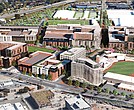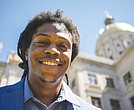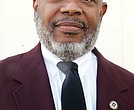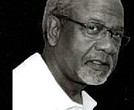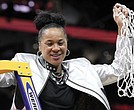Evictions in Virginia
Jason Boleman/Capital News Service | 10/4/2019, 6 a.m.
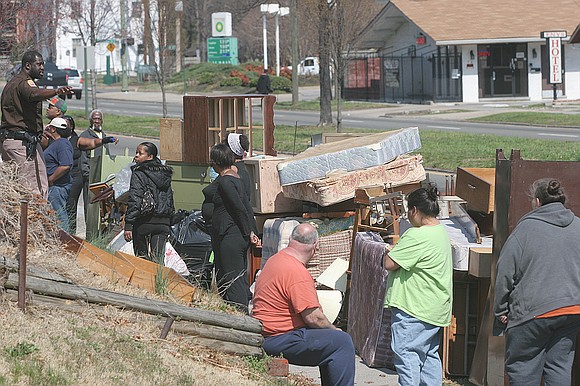
Scholars, lawyers and lawmakers are grappling with high eviction rates in Virginia and how to enact solutions.
A panel at Virginia Commonwealth University on Sept. 28 addressed findings by the Eviction Lab at Princeton University that five cities in Virginia ranked in the top 10 for national eviction rates, including Richmond, Hampton, Newport News, Norfolk and Chesapeake.
Virginia eviction rates ranged from 11.4 percent in Richmond to 7.9 percent in Chesapeake, according to the study. The rate represents the number of evictions per 100 rental homes in an area.
About 150 people attended last week’s panel featuring Jackie Washington, director of the Six Points Innovation Center in Highland Park; attorney Phil Storey of the Virginia Poverty Law Center, and state Sen. Jennifer L. McClellan of Richmond.
Sen. McClellan highlighted seven bills that passed the recent General Assembly session and were signed into law. The legislation included bills that made written leases required, reduced the number of eviction cases a landlord could file, created the opportunity for tenants to submit unpaid rent and fees prior to eviction, and allow tenants to recover their possessions.
“This is not really a partisan issue,” Sen. McClellan said. “Where there is disagreement, it’s really sort of the landlords versus tenants, and I don’t mean to say that all landlords are bad or all landlords are predatory.”
Of the seven housing measures signed into law by Gov. Ralph S. Northam, four were introduced by Democrats and three by Republicans.
Sen. McClellan also said in a phone interview after the event that more bills to address eviction are being drafted now for the upcoming General Assembly session in January, including a bill to address the habitability of a rental property.
Despite the flurry of bills during the last session, Mr. Storey said “way too many people are on the knife’s edge because of the way the system is designed.”
The discussion, held at VCU’s W.E. Singleton Center for the Performing Arts, centered largely around how tenants fall behind on rent payments.
“Two-thirds of the people who call our hotline are behind on rent, with the average caller being around two and a half months back,” Mr. Storey said.
He also said that, on average, clients of the Virginia Poverty Law Center are paying 58 percent of their monthly gross income to rent dwellings, with some people paying as much as 70 percent.
Panelists also discussed the link between discrimina- tory housing policies and the eviction rate today, which, according to the RVA Eviction Lab at VCU, increases with the African-American population in a neighborhood.
Ms. Washington highlighted historic redlining in Richmond’s Jackson Ward neighborhood, where banks would avoid making housing loans based on neighborhood demographics, as “an intentionally racist housing policy.”
“One of the goals of the lab is to do research that is relevant to Richmond and other cities in Virginia, as well as outside of the state,” Mr. Teresa said.
The panel was connected to this year’s VCU Common Book, a program that selects a new book each year for incoming freshmen to read. The initiative is intended to foster awareness and engagement around important issues.
VCU freshmen received a copy of “Evicted,” a book by Matthew Desmond, founder of the Eviction Lab at Princeton University. Freshman-level courses incorporate the book into coursework and discussion. Mr. Desmond is scheduled to visit VCU on Oct. 16.


